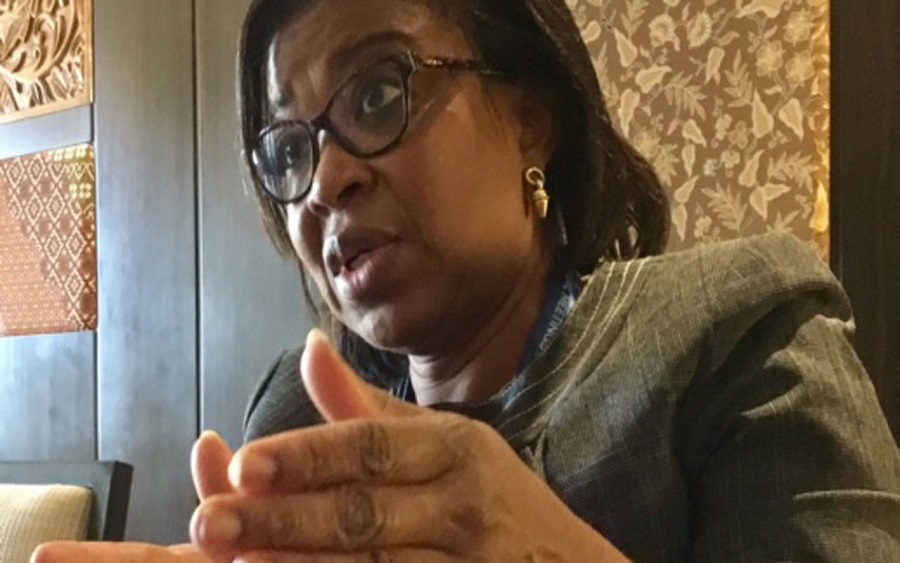The Federal Government of Nigeria is responsible for 80% of the country’s debt profile of N25.7 trillion, which comprises of 68% or N17.48 trillion domestic borrowing, and 32% or N8.22 trillion external debt, according to the Debt Management Office (DMO).
“As of June 2019, our debt profile was N25.7 trillion. This includes the Federal and State Governments and the Federal Capital Territory. We call it the total public debt. Out of this total, the Federal Government is responsible for 80% of the debt,” Patience Oniha said.
According to Punch, the Director-General of the DMO, Patience Oniha, while addressing the House of Representatives Committee on Public Accounts yesterday, said the funds were paid directly to the Central Bank of Nigeria (CBN), which ensured the money was used appropriately, fitting the purpose it was borrowed for.
According to the DMO boss, public debt currently stands at 25% of Gross Domestic Product (GDP). She said that the DMO serves as an advisory body to the Federal Government on debt management.
Oniha, explaining the debt situation, disclosed that over 85% of the country’s budget deficit was funded through borrowings sourced from different multilateral organisations as approved by the Federal Executive Council. She also said the DMO had helped the country secure debt relief.
[READ MORE: FG misses revenue target by N351.98 billion in October)
“The DMO began operation in 2000 due to Nigeria’s debt management problems, which made the country to seek debt relief. If you look back several years, over 85 per cent of budget deficits are funded by borrowing, which the DMO undertakes as approved by the Federal Executive Council and the National Assembly.
“We borrow from various sources such as the multilateral, the World Bank, the Islamic Development Bank, the African Development Bank, the China-EXIM and we also issue products in the international market. Locally, we are also very active in domestic borrowing; we issue treasury bills and Federal Government Treasury Bonds,” said Patience Oniha.
However, Wole Oke, the Chairman of the Committee, reiterated the importance of having all the relevant information documented due to the statements made by the Minister of Finance, Zainab Ahmed concerning the challenges facing revenue generation for the 2020 budget.
The chairman said that the committee had made it a priority to monitor the Ministries, Departments and Agencies (MDAs) to stop abuse of the law in the area of revenue generation and remittances. He also emphasized on the need for MDA transparency and accountability in spending generated revenue.
